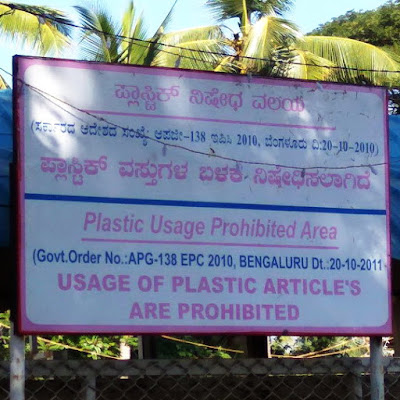The Challenge of Cleanliness and Waste Management India – Indonesia
Friday, 29 December 2017by adminstube
Four cities that we have visited during the exchange program, Bangalore, Mysore, Ooty and Hosur showed their own characteristics on cleanliness. Bangalore and Ooty have challenges to organize and managetheir scattered rubbish. Such cases are commonly faced by big cities, such as Jakarta and Surabaya in Indonesia. Actually, there are some efforts tomanage rubbish by increasing the number of rubbish bins in public areas and they are regularly removed. The goverment of Jakarta Special Region establishesa unit, called PPSU (Staffs for Handling Facilities and Public Infrastructure) to maintain it, while the residents of Yogyakarta have to pay some money for the garbage collector, and the government of North Bengkulu regency has to issue a regulation oncleanliness in the territory. Rubbish management become criticism for Indonesian youth since there are still many people throw garbage in the rivers.
Animal dung like bird droppings, dogs, horses, or cows become additional challenge for those four cities mentioned above. Horse dung risks for health because certain horses are infected by bacteria that carry tapeworms; bird droppings are found in mostlybuildings and places in Bangalore; horse dung in Ooty, and cow dung in Hosur are still scattered.However, the participants of the program have not heard the issue about diseases risk caused by animal dung, but it is better to do prevention.
The different views about cleanliness may bring opportunity to unite and share experiences. It is time for us to learn how to manage environment so it can meet the standards set by health authorities.
Of course, it is not easy to work and to achieve ideal sanitation conditon in Indonesia. The government is still struggling to implement solution for sanitation management. The youth are also expected to participate by manage their own waste. In India, people do not use much plastic and there is special initiative related with plastic waste, as seen in Mysore Zoo, in which every visitor should show his/her plastic bottle and make sure that they do not throw it in the zoo area. Indonesia seemed to be more loose in using plastic packaging than India.It means that Indonesia has big homework forcleanliness and plastic waste.
Finally, I’m grateful for the opportunity joining South to South Exchange Program given by Stube-HEMAT Yogyakarta. The experience to meet young friends from different cultures enriches experiences andencourages us to develop our regions. A new thing creates a new spirit that can be shared with otheryoung friends in Indonesia. (YDA).
Web Archive
2024 (25) 2013 (20)
2012 (12)
2011 (2)
2010 (18)
Total: 468
Youtube Channel
Lebih baik diam dari pada Berbicara Tetapi tidak ada Yang Di pentingkan Dalam Bicaranya
-->
